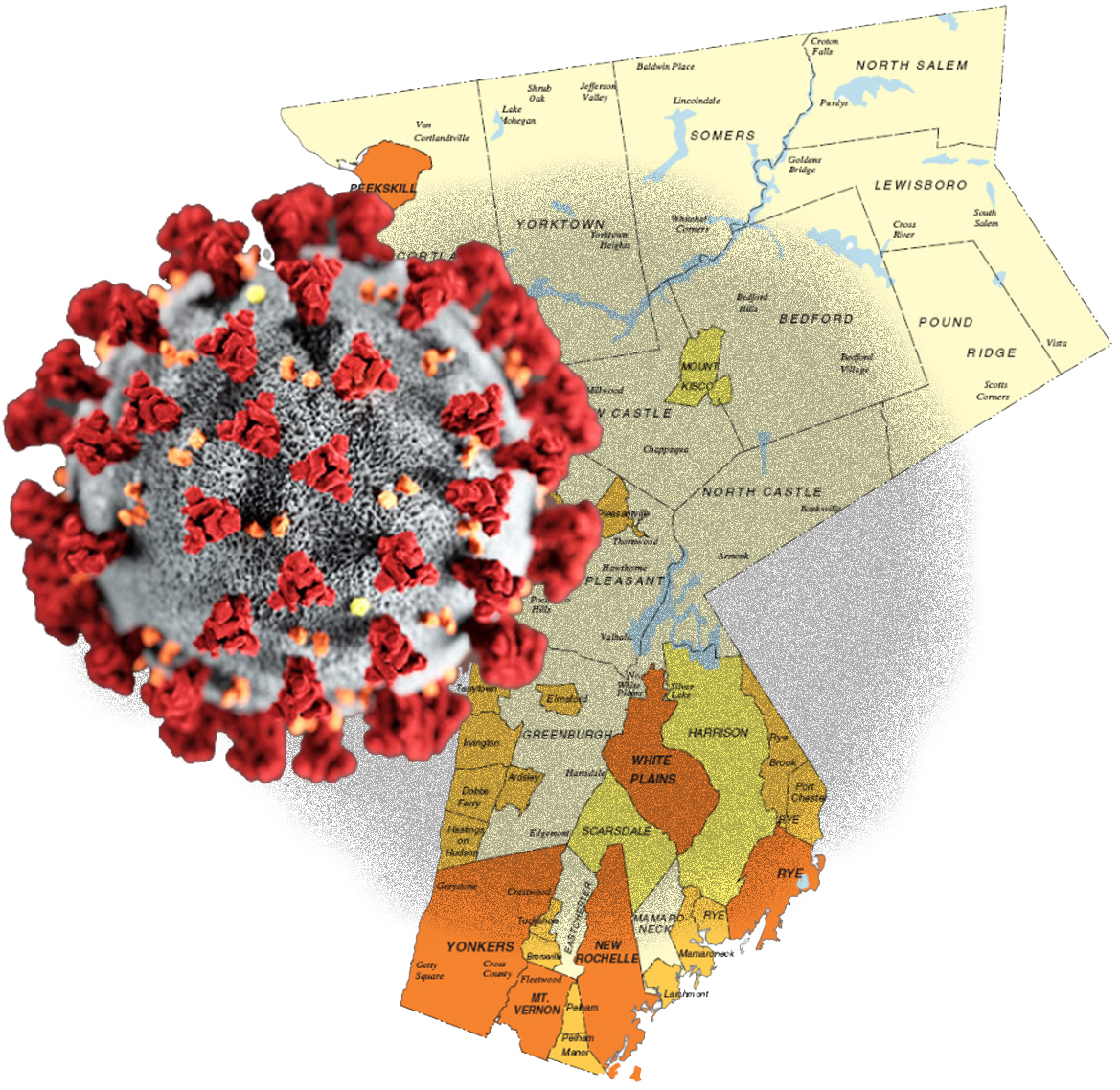Latimer critical of Trump’s reopening push: ‘Mass death is bad for business’
As he reported the deaths of eight people in Westchester from the COVID-19 virus, Westchester County Executive George Latimer pushed back at continued pressure from President Trump and others to end widespread closings of businesses and places of public assembly by Easter Sunday.
“If we reopen prematurely, we will spread the virus further and more people will die and if you want something that’s bad for business, death is bad for business. Mass death is bad for business,” Latimer said.
“It will send a message that will have a chilling effect on the stock market. It will have a chilling effect on people’s willingness to invest. It will have a chilling effect in the way that people look around and determine that they were deemed as expendable.”

Latimer said that he was concerned by reports of groups congregating at the recreational area in front of the Kensico Dam in Valhalla. He said that he feels it’s important to keep county parks open at a time when people need open space but urged people to stay apart to help avoid contracting the virus.
Latimer reported that there were 56 people in Westchester hospitals being treated for the virus. He said that 26,288 people were tested for COVID-19 and 5,944 were found to have been infected.
The county will continue to ensure that there will be an adequate number of hospital beds to care for residents as cases rise, Latimer said. If more beds become available as a result of fewer seriously ill patients, the county will do its best to treat individuals from areas where local facilities have been overwhelmed, he said.
“These decisions will be made by the state and wherever there’s an empty bed and there’s a sick person that’s going to be a match,” Latimer said. “We’re not going to worry about what town they come from, what county they come from, whether they’re tall or short. If there’s an open bed and it’s needed it will be used.”
The Business Journal asked Latimer if the declaration of emergency that he put into effect for Westchester in order to close the schools in the county was going to be extended.
“The original decision to close the schools was made by myself within the authority given to me as the county executive, through the education law. But, subsequent to my making that decision, the governor then used his superior authority to close all schools statewide and it is now that order that applies,” Latimer said.
“My sense is that at the very least the month of April is likely to look a lot like the month of March with schools closed, restaurants closed, a host of other things out of business,” Latimer said. “When we get to May, which is really the heart of the spring, then the tougher decisions come to pass. Nothing official has come down and if we get to the point where at the end of April there’s no school it’s hard for me to imagine that they’d be brought back in for the May-June closeout. What will happen, seniors graduating, final tests, Regents, there’s a host of issues that are unresolved at this point.”
Latimer’s office released new statistics it received from the state that provide an idea of where the cases are concentrated in Westchester. The data were about four days old and, therefore, the total is far less than the 5,944 confirmed cases in Westchester as of March 26.
The towns and cases are; Ardsley 5; Bedford 12; Briarcliff Manor 9; Bronxville 14; Buchanan 0; Cortlandt 37; Croton-on-Hudson 6; Dobbs Ferry 20; Eastchester 47; Elmsford 7; Greenburgh 71; Harrison 33; Hastings-on-Hudson 13; Irvington 9; Larchmont 15; Lewisboro 10; Mamaroneck Town 20;
Mamaroneck Village 19; Mount Kisco 23; Mount Pleasant 43; Mount Vernon 109; New Castle 16; New Rochelle 264; North Castle 18; North Salem 2; Ossining Town 9; Ossining Village 54; Peekskill 27; Pelham 20;
Pelham Manor 17; Pleasantville 17; Port Chester 60; Pound Ridge 2; Rye Brook 23; Rye City 21; Scarsdale 40; Sleepy Hollow 20; Somers 12; Tarrytown 18; Tuckahoe 7; White Plains 84; Yonkers 225; Yorktown 35.